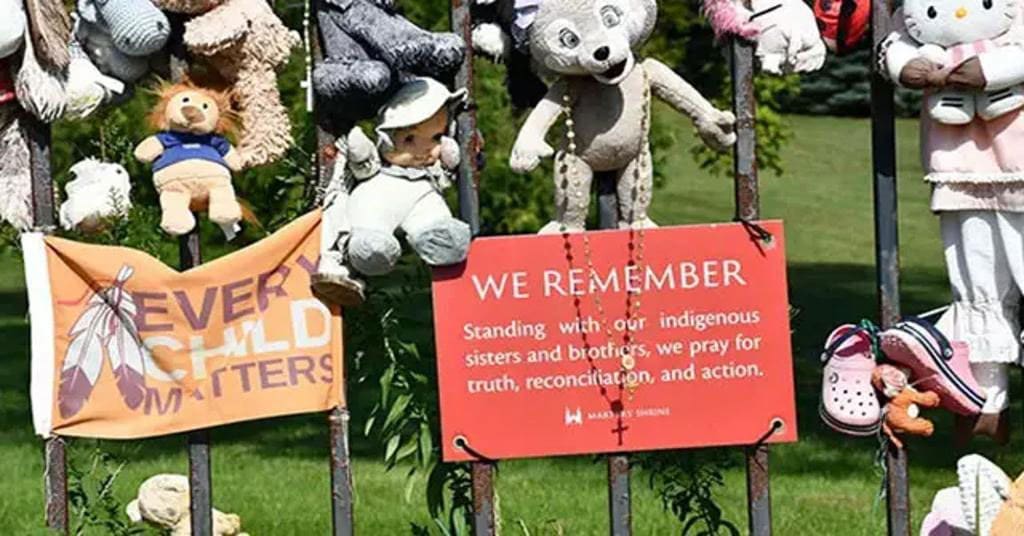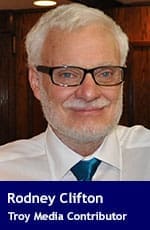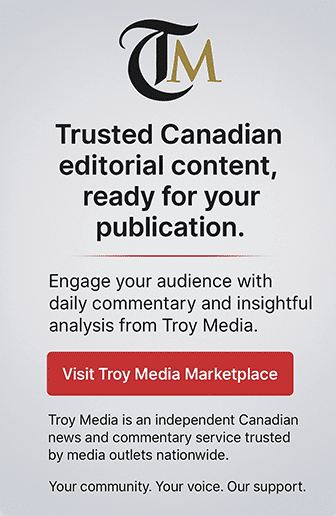COVID-19 and Kamloops claims dodged scrutiny – but the truth is catching up
Do we know the best way to decide if specific empirical claims are true?
Of course we do. The best way is by using the procedures of science.
Scientists critically examine the arguments and evidence in research studies to find weaknesses and fallacies. If there are no weaknesses or fallacies, the evidence enters the realm of science. But if there are weaknesses, the research has low or zero credibility, and the evidence does not become a building block of science.
In a historical context, seemingly good evidence may not remain as science because claims are continually evaluated by researchers. This scientific process is not fail-safe, but it is far better than other procedures for determining the truth of empirical claims.
This powerful principle is often called “trust but verify,” and it is the idea behind the replication of scientific results.
Today, many such truth claims demand critical examination. At least two come readily to mind.
The first is the claim that the COVID-19 procedures and vaccines were safe and effective.
It is now abundantly clear that the procedures used during the COVID-19 pandemic bypassed time-tested scientific protocols. Instead of open scientific debate and rigorous testing, government-appointed “scientists” endorsed government-approved narratives. Canadians were told to social distance, wear masks and, most importantly, get vaccinated—often without transparent discussion of the evidence or risks.
Those who questioned the procedures, vaccines or official explanations were dismissed as “deniers” and, in some cases, ridiculed. Perhaps the most notable example is Dr. Jay Bhattacharya, the Stanford epidemiologist and economist who co-authored the Great Barrington Declaration. Despite being vilified during the pandemic, Dr. Bhattacharya is now the head of the U.S. National Institute of Health.
Five years after the pandemic began, it is clear that Dr. Bhattacharya—and many other so-called deniers—were raising legitimate concerns. Contrary to the portrayal of these scientists as conspiracy theorists or extremists, they were doing exactly what good scientists should do: trusting but verifying empirical claims. Their skepticism was warranted, particularly regarding both the severity of the virus and the safety and effectiveness of the vaccines.
The second claim concerns the allegation that Indigenous children died or were murdered and buried in unmarked graves at the Kamloops Residential School.
In 2021, the Kamloops Indigenous Band claimed that 215 children’s bodies had been discovered in the schoolyard. The legacy media swiftly labelled anyone who questioned the claim as a “denier.” Despite millions of dollars allocated for excavations, no bodies have been exhumed. Meanwhile, other bands have made similar claims, likely encouraged by federal government incentives tied to funding.
To date, this claim has not faced normal scientific scrutiny. The debate remains lopsided, with one side citing the memories of unnamed elders—referred to as “knowledge-keepers”—while the other side calls for forensic evidence before accepting the claim.
The allegation of mass graves was not only embraced by the media but also by Parliament. Members of the House of Commons passed a motion by NDP MP Leah Gazan declaring that Indigenous children were subjected to genocide in residential schools. Disturbingly, this motion passed without any demand for forensic or corroborating evidence.
Truth claims must always be open to scrutiny. Those who challenge prevailing narratives should not be disparaged but rather respected, even if they are later proven wrong, because they are upholding the essential principle of science. It is time to reaffirm the vital importance of verifying evidence to resolve empirical questions.
We still need a robust debate about COVID-19 procedures, the virus itself, the vaccines and the claims of mass graves at residential schools. More broadly, we need open, evidence-based debates on many pressing empirical claims. Preserving our democracy and creating sound public policy depend on it because verifiable evidence is the cornerstone of decision-making that serves all Canadians.
Rodney A. Clifton is a professor emeritus at the University of Manitoba and a senior fellow at the Frontier Centre for Public Policy. Along with Mark DeWolf, he is the editor of From Truth Comes Reconciliation: An Assessment of the Truth and Reconciliation Commission Report, which can be ordered from Amazon.ca or the Frontier Centre for Public Policy.
Explore more on COVID-19, Residential schools, Scientific method
The views, opinions, and positions expressed by our columnists and contributors are solely their own and do not necessarily reflect those of our publication.
Troy Media is dedicated to empowering Canadian community news outlets with independent, insightful analysis and commentary. Our mission is to support local media in fostering an informed and engaged public by delivering reliable content that strengthens community ties, enriches national conversations, and deepens Canadians’ understanding of one another.




